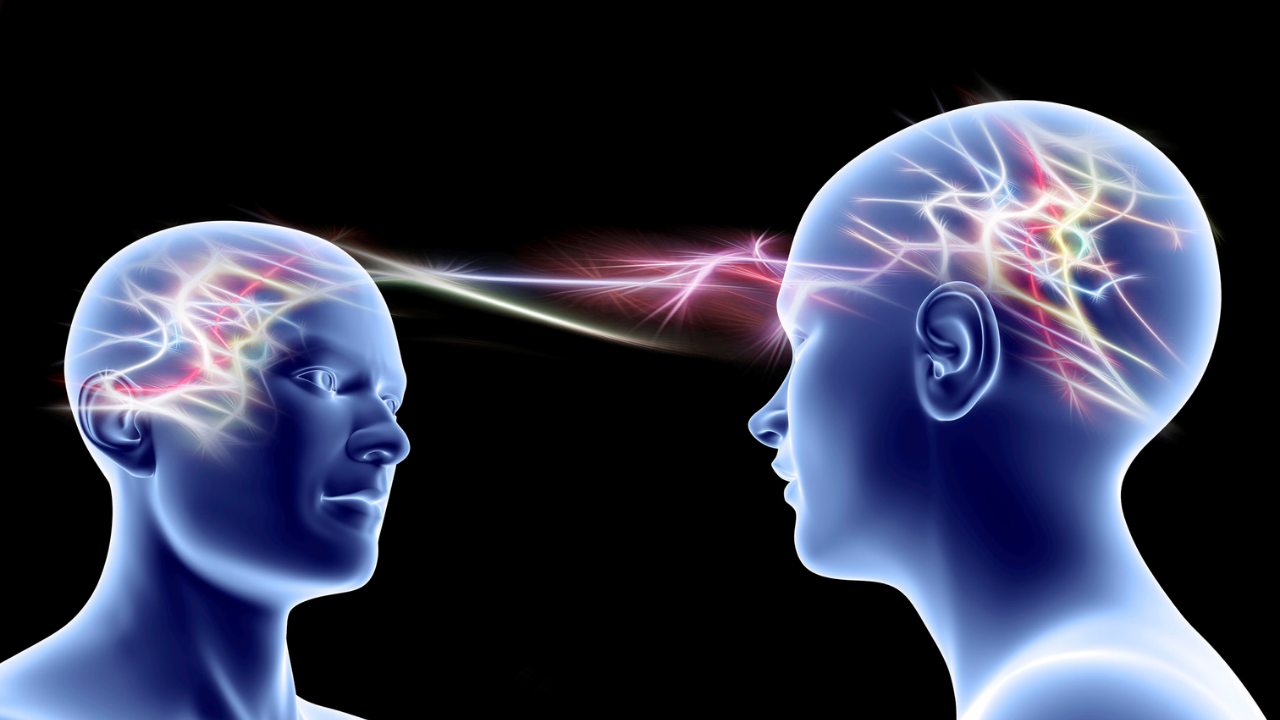Human See, Human Do – Mirror Neurons

Ever hear the phrase, “Monkey see, monkey do”? This is often used to describe the way monkeys (and people) seem to do things without understanding it. What’s interesting is that this phrase accurately describes Giacomo Rizzolatti’s experiment with macaque monkeys in 1992. In this experiment, Rizzolatti inserted tiny electrodes into the monkeys’ brains and observed their brain activity as the monkeys performed different activities.
Rizzolatti came to observe the activity of “mirror neurons” in the premotor cortex of the brain. His observations revealed that mirror neurons fire when we observe a certain behavior, and those same neurons also fire when we recreate that behavior.
Brain Translators
Think of mirror neurons as translators for the brain. They observe external activity and then tell the brain to tell the body to act a certain way, as to imitate the external activity. When a baby is learning to walk, by observing other people walking, the mirror neurons are attempting to teach the baby how to walk. If you’re in a fitness class, as you observe your instructor perform a certain move, the mirror neurons are working so that you can recreate that move on your own. Mirror neurons also play a large role in language development and feeling empathetic towards other people.
Unconscious Mimicry
Mirror neurons also work to imitate unconscious behaviors or behaviors we do without intentionally doing them. When you see someone yawn, you are likely to also yawn, regardless of how tired you are. When you see the person yawn, your mirror neurons go to work to recreate that experience.
When someone suffers from a stroke on either side of their brain, doctors will often attempt to use mirror neurons to train the affected side of the brain to imitate the unaffected side of the brain. For example, the patient would raise their unaffected arm, while the mirror neurons are firing so that the other arm that was affected by the stroke can mimic the same behavior.
Here’s something else that’s interesting about this topic!
Mirror Neurons and Autism
Originally it was believed that an improperly developed mirror neuron region in the brain was one of the prominent causes of Autism. People who suffer from Autism often have trouble properly interpreting other people's emotions and react incorrectly when trying to express empathy. This would make sense because a lack of mirror neurons would cause trouble interpreting others' emotions.
Interestingly, scientists have actually discovered that people with Autism have similar mirror neuron regions as those people who do not suffer from Autism. Beyond this discovery about mirror neurons, it has been difficult to learn more about mirror neurons in the human brain.
Final Reflections
There has yet to be a study that involves temporarily disabling mirror neurons in a human brain to figure out what behaviors mirror neurons are directly responsible for. While research for mirror neurons is ongoing, there is no doubt that we watch and imitate others, consciously and unconsciously. This is how we learn about the world and ourselves, including how to be confident.
Special thanks to Elior Moskowitz for her research and editorial contribution to this post.
Stay Connected
Get news, podcast episodes & other updates delivered to your inbox.
We'll never sell your information. Unsubscribe any time.

